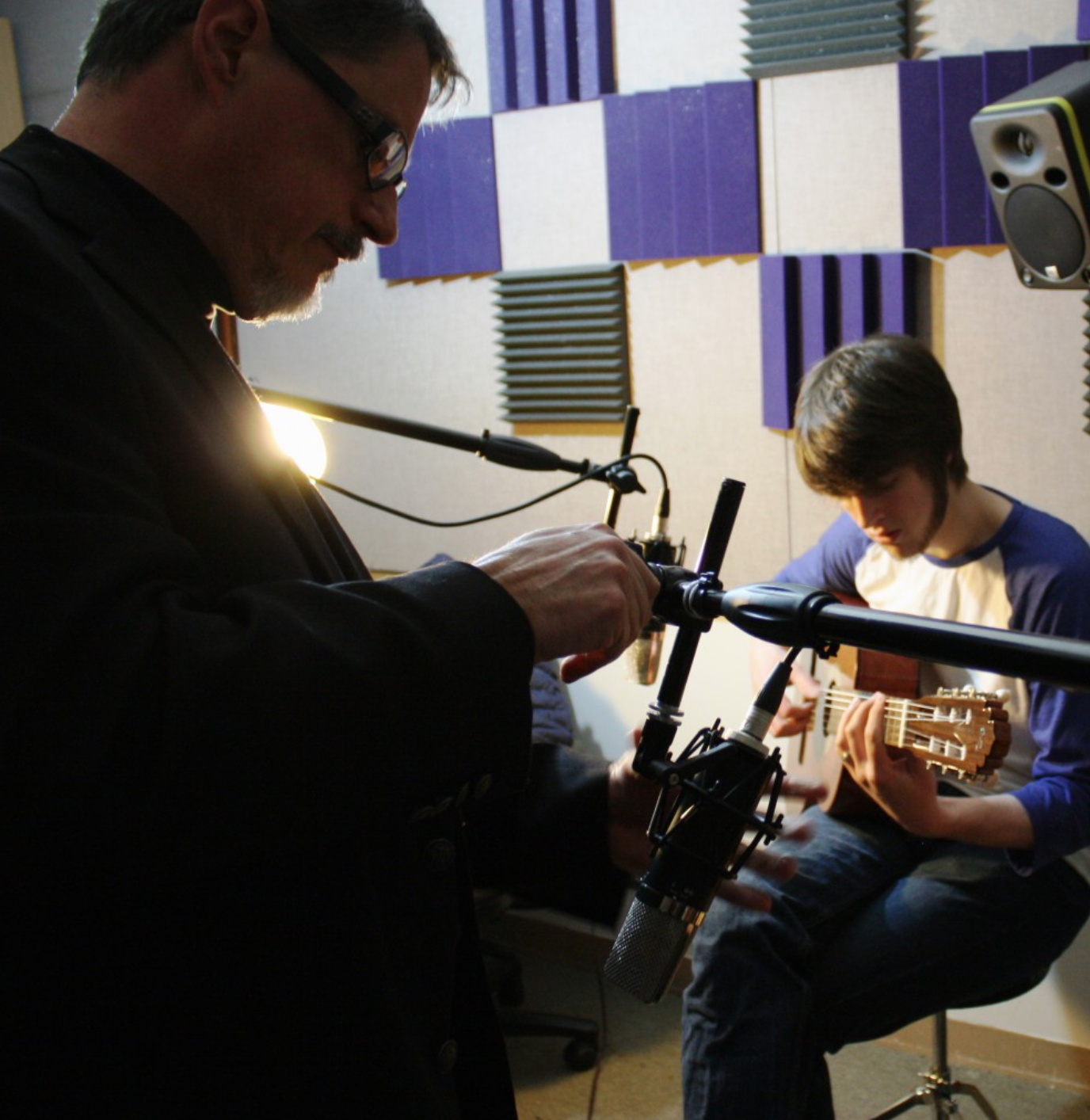The mission of the Music Education program is to prepare outstanding music educators for lifelong careers inspiring today’s youth. Our undergraduate program provides a core of knowledge and skills, enhanced by applied learning experiences that ready our graduates for contemporary and current educational practices. Our faculty members are cutting-edge teacher/scholars with national certifications in Orff Schulwerk and Kodaly. They are active scholars and researchers, particularly in the areas of instrumental music, jazz education, choral music, Kodaly, Orff Schulwerk, Laban Movement Analysis, and vocal pedagogy. Graduates move on to be successful general, choral and instrumental music educators in Missouri and in the states of Kansas, Iowa and Nebraska, and often continue their education in successful graduate programs all over the United States.
As of 2019, the BME degree sequence was overhauled to best meet the needs of the 21st century music educator, as well as shorten the time required to complete the degree. Most students are able to complete the BME in nine (9) total semesters.
All music major degree programs have a concert/recital attendance applied learning activity requirement. To complete the degree, the student must attend 12 approved performances each semester for a total of 6 semesters. This is in addition to all coursework for any music major degree. Attendance requirements and an approved listing of concerts/recitals are provided at the beginning of each regular semester.
CONCENTRATIONS
If instrumental music is your passion, you can tailor your music education degree with the concentration that matches your interest.
BACHELOR OF MUSIC IN EDUCATION DEGREE REQUIREMENTS
Candidates for the Bachelor of Music in Education degree must participate in one major ensemble each semester with the exception of the student teaching semester. Candidates for the Bachelor of Music in Education degree must complete 4 credits in 300-level “Applied Music-Major Instrument” requirements for graduation.
Requires a core of 49 credits in music courses plus additional credits in the area of concentration.
If vocal music is your passion, you can tailor your music education degree with the concentration that matches your interest.
BACHELOR OF MUSIC IN EDUCATION VOCAL DEGREE REQUIREMENTS
Candidates for the BME-Vocal degree must complete 45 hours in the major core, 17 hours in the concentration, and 33 hours in the professional education sequence. The BME additionally requires passing the Missouri Content Area Assessment in music (MOCA) prior to student teaching.

Mapping your degree plan is important. Consult with your academic advisor to create a plan and monitor it regularly.
